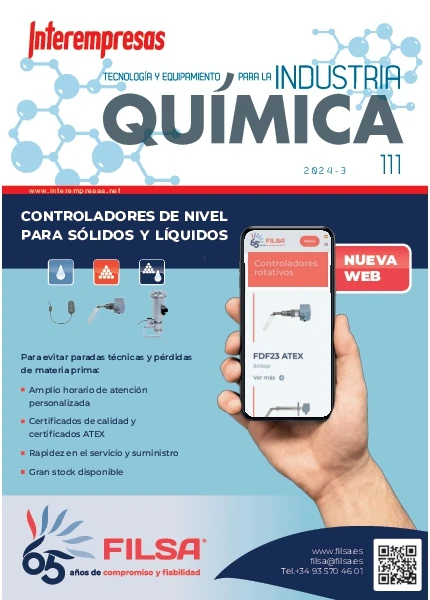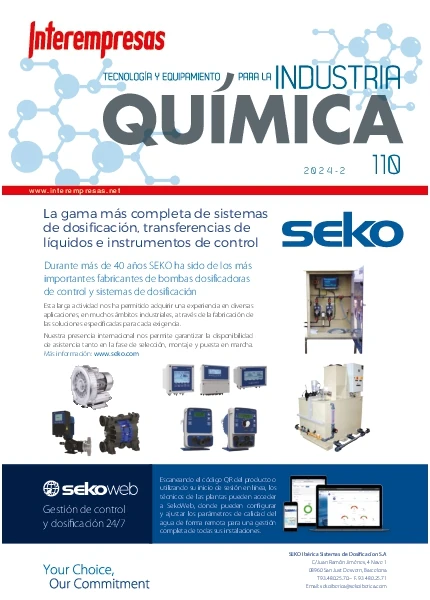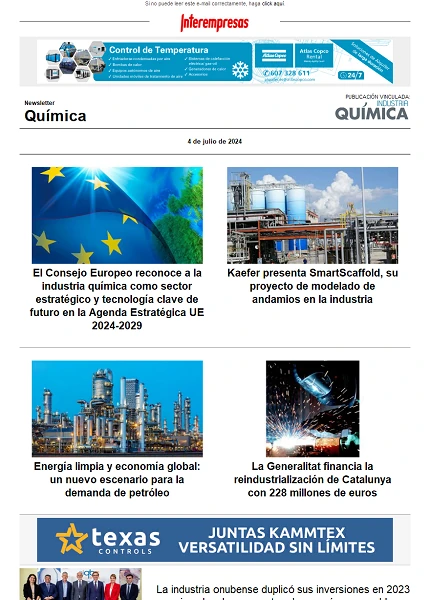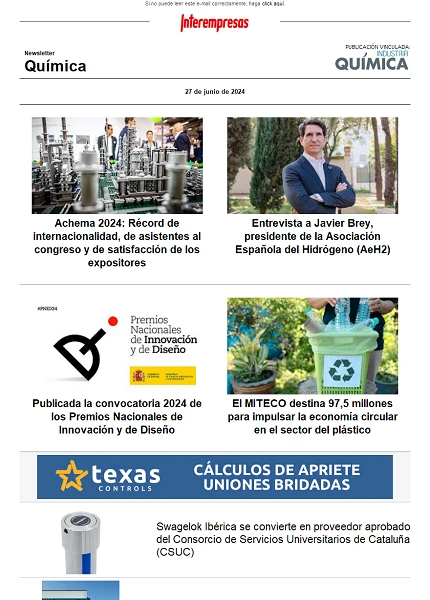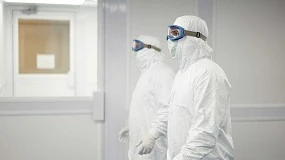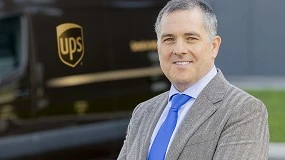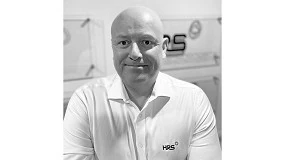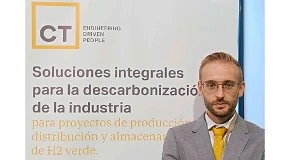Cepsa and the University of Huelva, United by the research
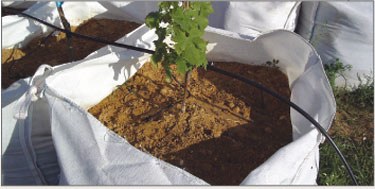
These works, which have an expected duration of three years, are led by Dr. Carlos María Weiland, Professor in the Department of Sciences agroforest of the school Politécnica Superior of the University of Huelva. With his release, in 2004, ratifies the commitment of Cepsa for reconciling progress and socio-economic development with the protection and environmental respect, through the innovation and improvement, at the same time which is enhanced collaboration with entities onubenses.
The sludge or mud objects of study are those that come from the process of decontamination of wastewaters from different productive processes of the refinery. "La Rábida", a water purification plant ensures their final discharge of the RLR, rigorously complying the parameters required by the regulations in force and if necessary improve them. The land stained with oil as a result of occasional spills, as well as from cleaning of tanks sludge are also under study.
Characteristics of sludge, sludge and oil lands can be some possibility of management for use in direct agriculture, particularly on the ground. And this is precisely what it intends to analyse and conclude during these three years of work the Professor Weyland. This is to investigate whether it is viable to use them and, if possible, to define the forms of use, which would basically include incorporation, prior modification of physical, chemical and/or biological, agricultural land, through different technical (leisure, injection, incorporation), with the subsequent contribution of organic matter and minerals (phosphorus)(, potassium, sulphur...) to the ground.


